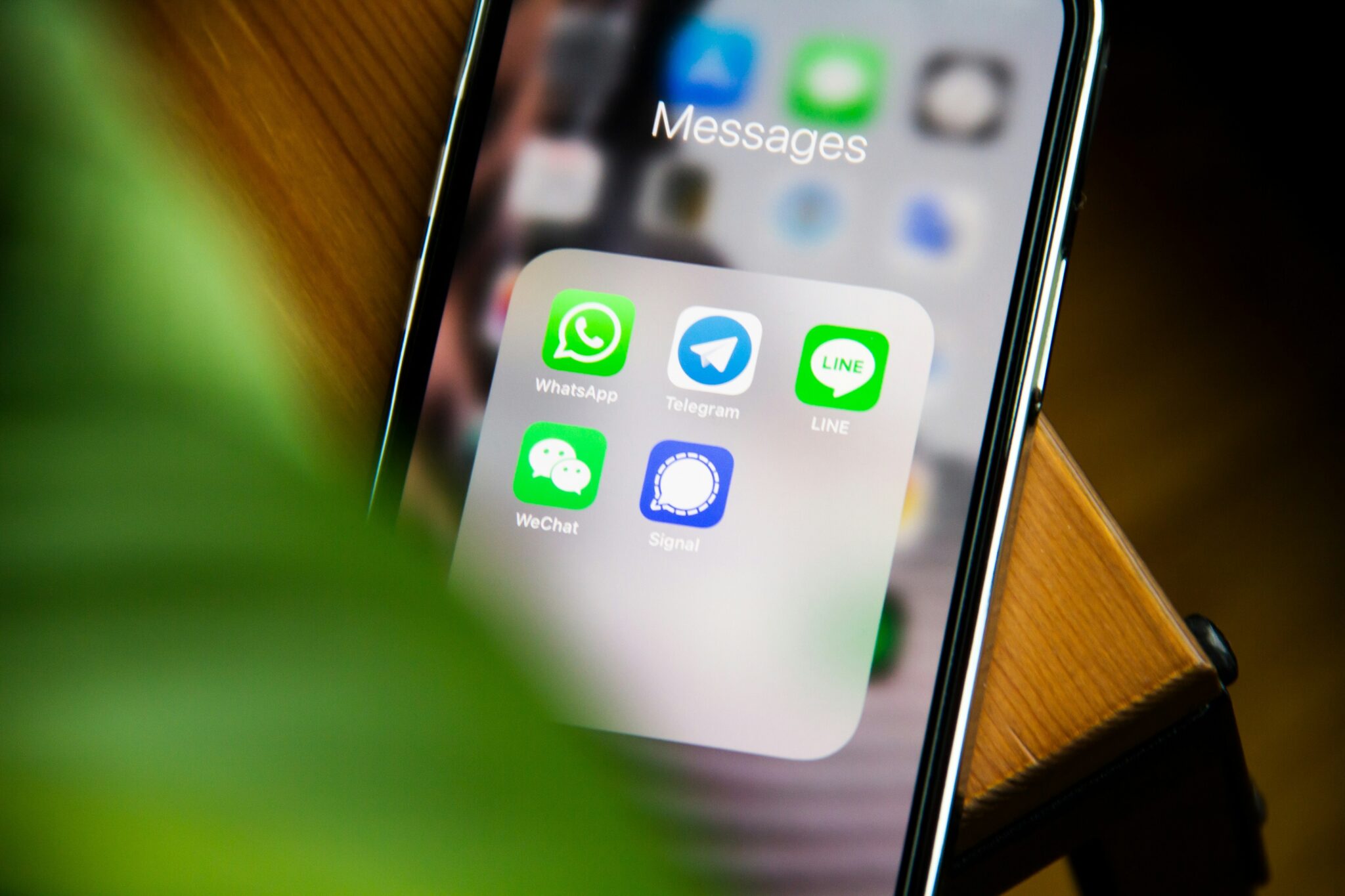Meta, the parent company of Facebook, is threatening to pull WhatsApp from India due to the revision of the 2021 Information Technology Rules, which changed guidelines around encryption. The rules now stipulate that any social media intermediary providing message services, like Meta, will be required to enable the identification of the first originator of a message. The company has taken the Indian Government to court over fears this revision will jeopardise the privacy of its users, as it necessitates that the social media giant would have to break its end-to-end encryption. This feature ensures that only the sender and receiver of a message can read, view, or listen to said message, not even Meta.
The Indian Government, on the other hand, argues that this is a necessary provision as it would aid in the investigation and prevention of crimes that threaten the sovereignty, integrity, and security of the State, including terrorism, the distribution of child pornography, and most importantly, misinformation through deep fakes and the proliferation of fake news. Like other Meta products, WhatsApp continues to be a hotbed of misinformation. However, unlike Facebook and Instagram, due to WhatsApp’s encryption, it is much harder for Meta to moderate content on the platform. While counsel for Meta has outlined that privacy is a fundamental right, the Indian High Court responded that fundamental rights are “not absolute.” There must be a balance that is struck between security and user rights.
If Meta realises their ultimatum, this could have disastrous consequences for how Indians communicate, both within and outside of the country. In 2023, WhatsApp had over half a billion users in India, with the site projected to grow to 795 million people by 2025. WhatsApp is more than just a messaging app –– it plays a central role in India’s digital economy, a backbone for countless businesses and service jobs. Writer Russell Brandom notes “there’s no clear competitor to fill its shoes, so if the app is shut down in India, much of the digital infrastructure of the nation would simply disappear”. Outside India, the removal of WhatsApp would leave international students and the rest of the diaspora marooned, with no other alternative to affordably stay in touch with those back at home.
Moreover, if Meta were to win this legal challenge, it would set a very dangerous precedent. By successfully gambling such a vital medium of communication for over half the country, the company would gain an inordinate amount of power. While currently, Meta is erring on the side of ethics, attempting to preserve the rights of its users’ privacy, the question arises, what happens if it chooses to throw its weight behind a cause that helps further its bottom line at the expense of its user base?
Conversely, if the Indian Government succeeds, this would be an existential threat to privacy online, especially in an increasingly radicalising environment. Though there is some validity to the justification given by the Indian Government, it is hard not to see these revisions as a thinly veiled attempt by the incumbent regime to further consolidate power online and more tightly monitor its citizens. As it stands, Narendra Modi, the current prime minister, has already created an environment of censorship and surveillance, ruthlessly cracking down on any dissenters online, which, with the implementation of these new guidelines, would make it even harder to exercise free speech online. When every individual that stands in opposition to the current government is labelled a threat, an anti-national and a terrorist, wording like “an order shall only be passed for prevention, detection, investigation, prosecution or punishment of an offence related to the sovereignty and integrity of India, the security of the State,” threatens the sanctity of freedom of expression, the very foundation of democracy.
As Indians head to the polls in the largest election in the world, answering questions regarding how they exist online is becoming increasingly vital to the health of their democracy. Currently, Modi is positioned to win his third term in power. Thus, it is critical to evaluate how legislation like this can be used to further police and surveil Indians, and by extension, threaten key principles of their constitution, such as the right to privacy. Furthermore, it is imperative to consider ways to curb misinformation without infringing on these fundamental rights. To ensure that this election is not held captive by campaigns of misinformation. Further, in this current climate, where the internet continues to be cordoned off by large private companies that dictate and govern the terms of communication, the connection mustn’t be policed and gambled with.
WhatsApp is a space for community. A digital gathering space that must be protected. No matter the quality of the forwards on the family group chat, or the questionable graphic design choices of the many circulated good morning messages, it is worth fighting for.





